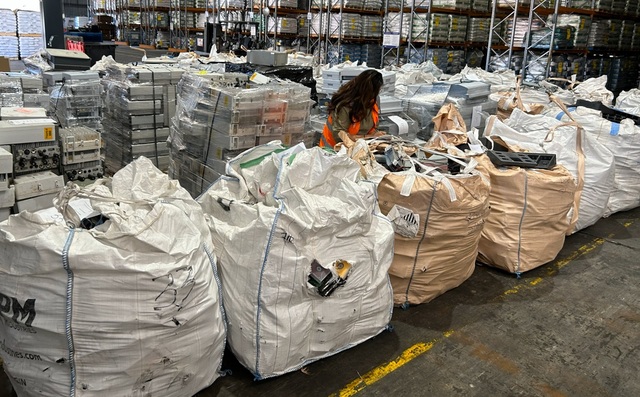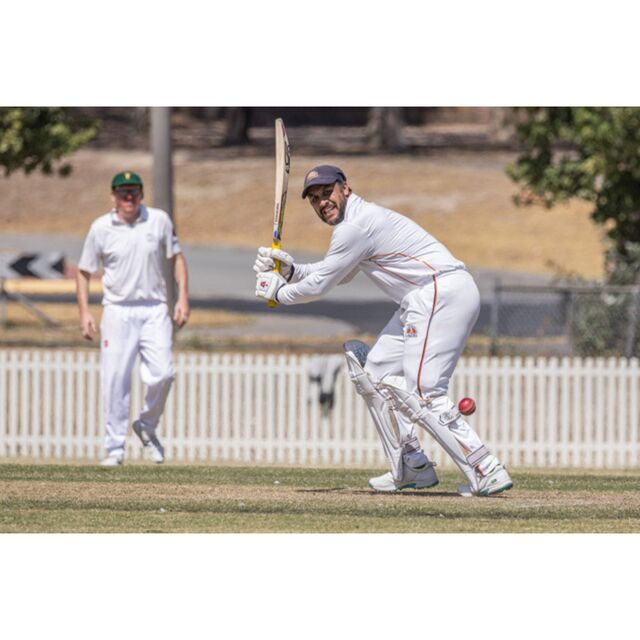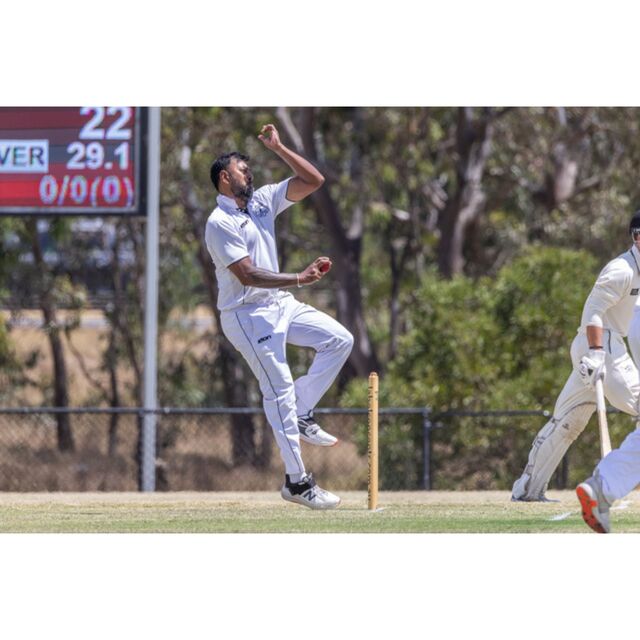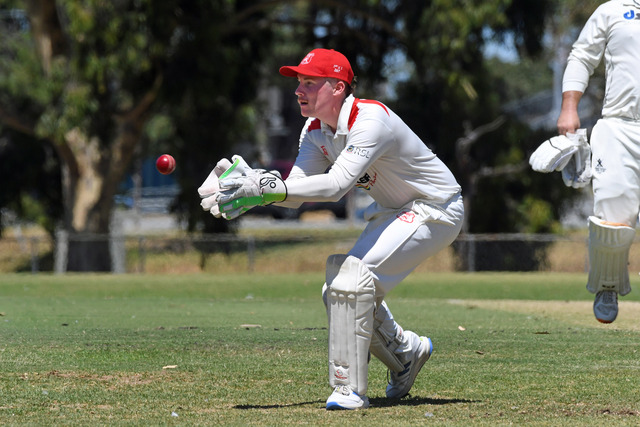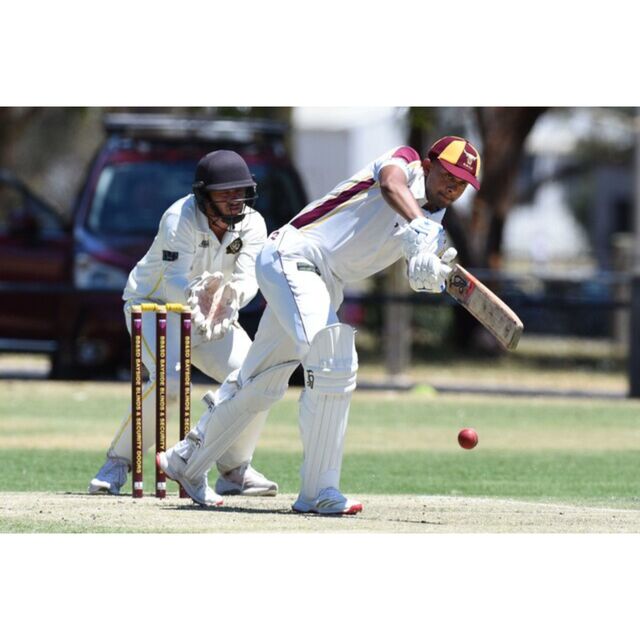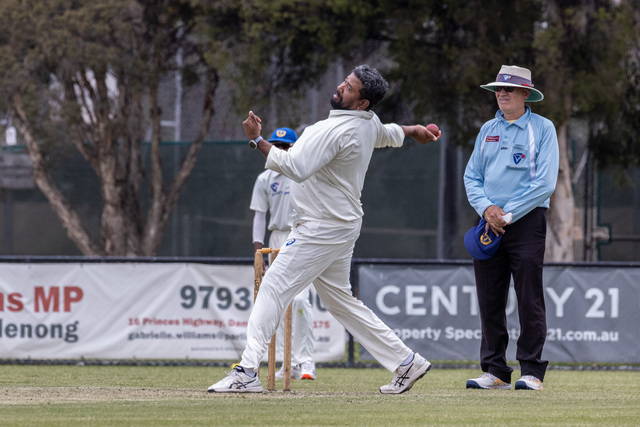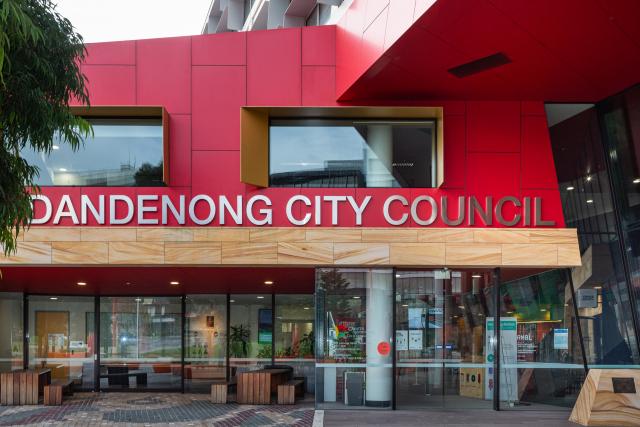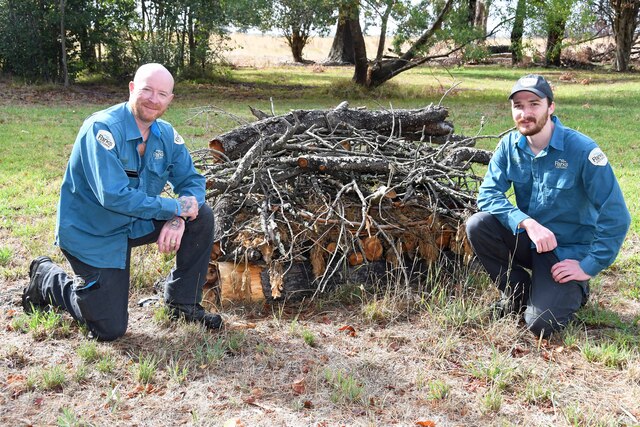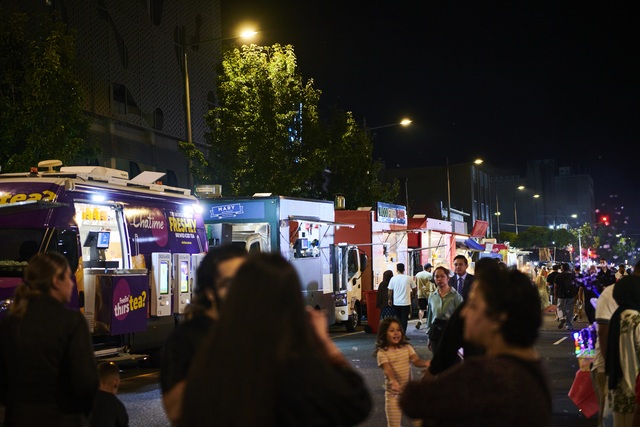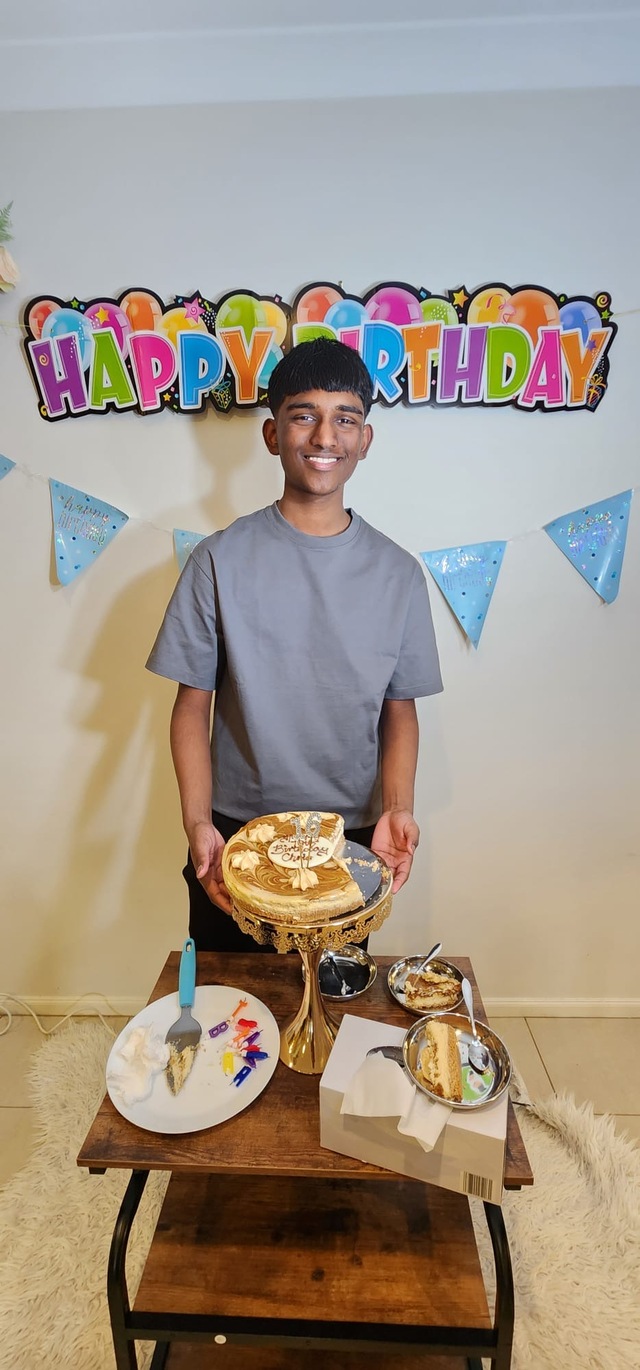By CAM LUCADOU-WELLS
SENDING in armed guards to disperse young people milling in Dandenong’s Civic Square would be a disaster, a youth-affairs leader has warned.
However she praised the police’s softly-softly approach of officers engaging with the youngsters by speaking with them and visiting their schools.
Youth Affairs Council of Victoria chief executive Georgie Ferrari said a zero-tolerance approach that could include armed guards – which was last week urged by Greater Dandenong councillor Peter Brown – was “hostile”.
She said young people, especially from traumatised refugee backgrounds, would respond better to a therapeutic model.
“Sending in armed security guards in the area is not going to end well.
“Young people are not going to respond well to that.”
She said trained social and youth workers could instead “get to the bottom” of the underlying issues.
Another approach was to create attractive hang-outs and activities to positively engage with youth, such as driving in buses decked with PlayStations and holding barbecues at youth hang-outs.
It builds relationships and trust for positive “longer-term intervention”, she said.
Centre for Multicultural Youth chief executive Carmel Guerra said she was concerned that innocent young people in Dandenong could be targeted and blamed in the fallout.
Ms Guerra was, however, encouraged by the “measured” police response, which included going out and speaking to young people and their schools.
She said the incidents didn’t seem to involve “gang warfare” or inter-racial tension. There may be elements of bravado among a small number due to “peer tensions”, she said.
Social media may have also had a part to play.
“It’s always a concern if young people are engaging in fighting,” Ms Guerra said.
“At the moment it’s hard to tell if there it’s just a couple of individuals or if something more serious is going on.”
Inspector Bruce Kitchen of Greater Dandenong police said the police did not know of specific underlying causes, though it was established the most serious incidents were related.
“It’s usually involving drugs, alcohol or an argument about a female,” he said. “Multicultural creeds are not part of it at all. There are a number of nationalities and a number of schools.”
Inspector Kitchen said secondary schools in the region would be approached about the “unacceptable behaviour”.
“It’s obvious that some of the kids go to these schools. It’s not school versus school – it seems to be more interwoven.”
He said the stabbing appeared to involve “half-a-dozen people with a lot of hangers-on”.
African Communities Foundation spokesman Jose Gonsalves said a foundation social worker had counselled a family affected by the 6 March violence.
The foundation, whose existence is threatened by $300,000 federal funding cuts, was often an initial contact point for African-Australians needing support.


